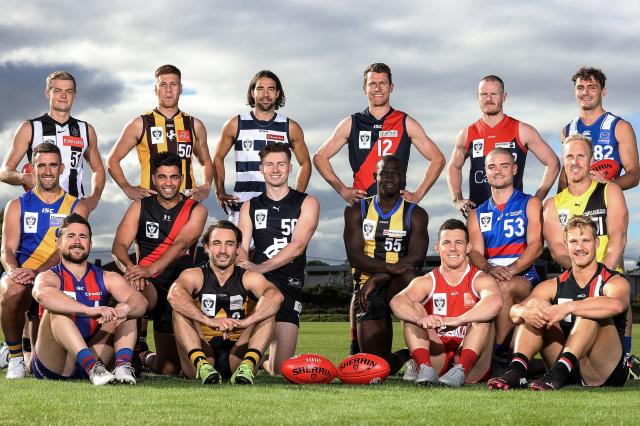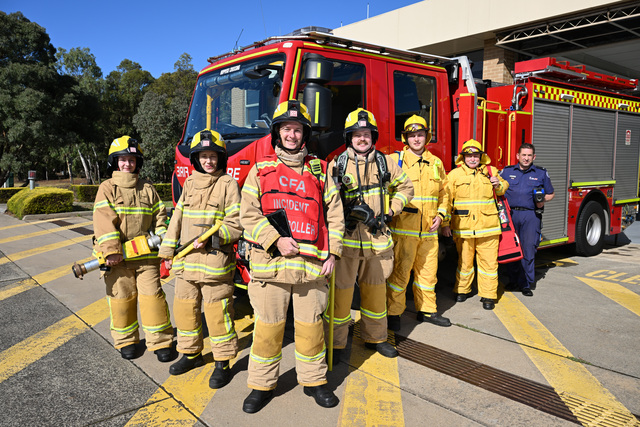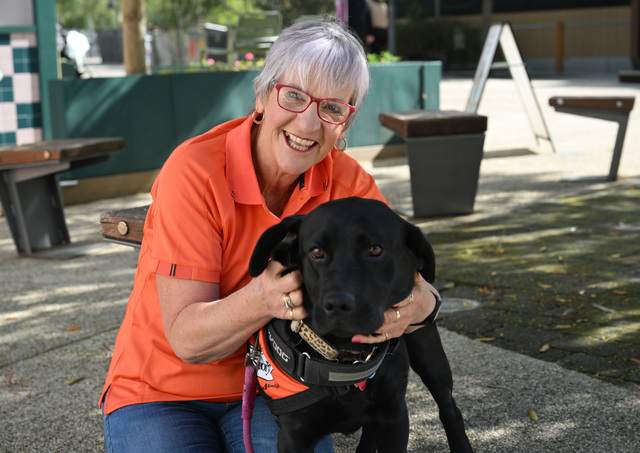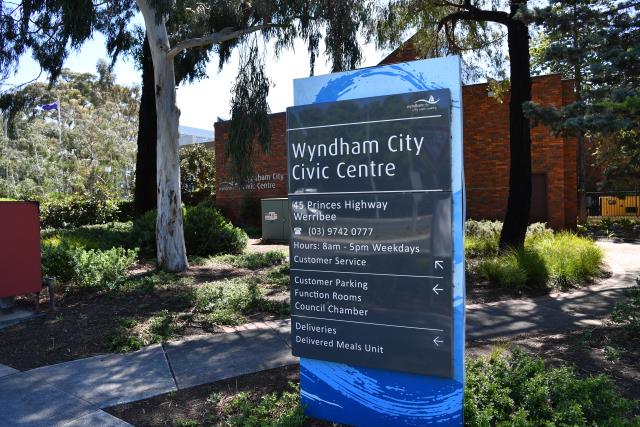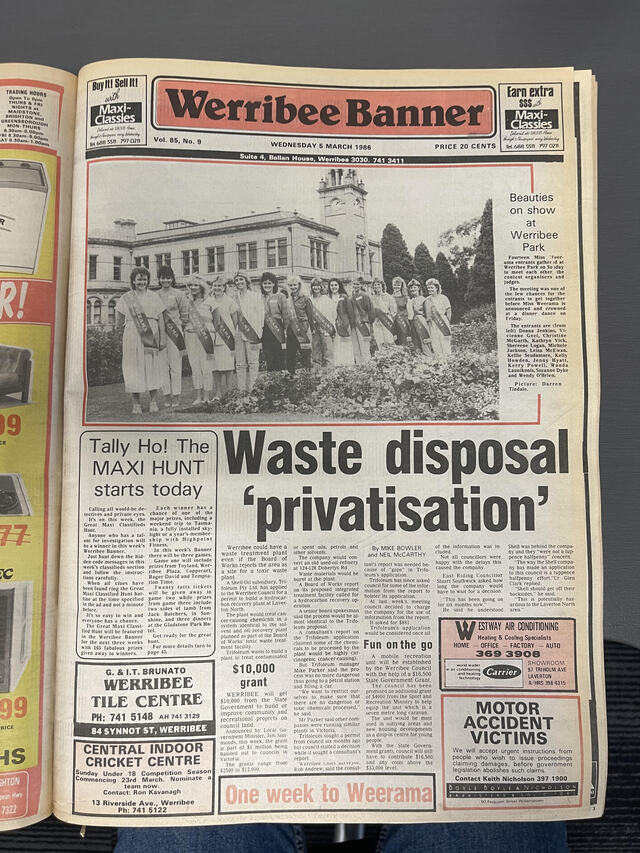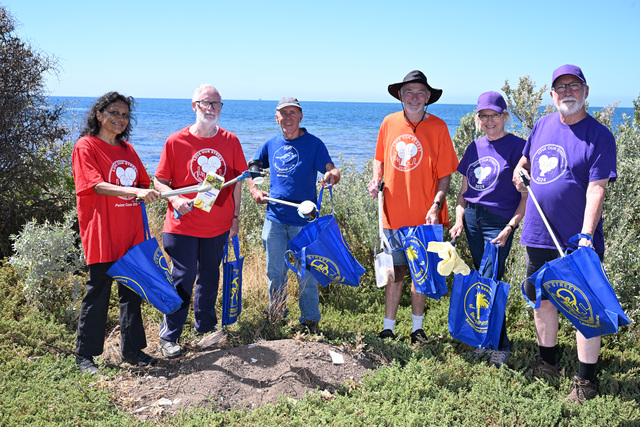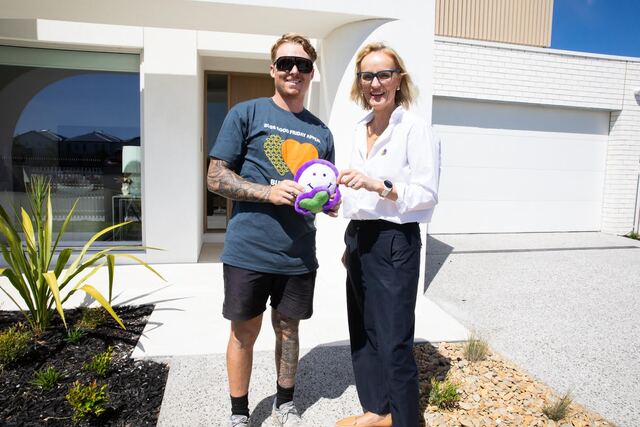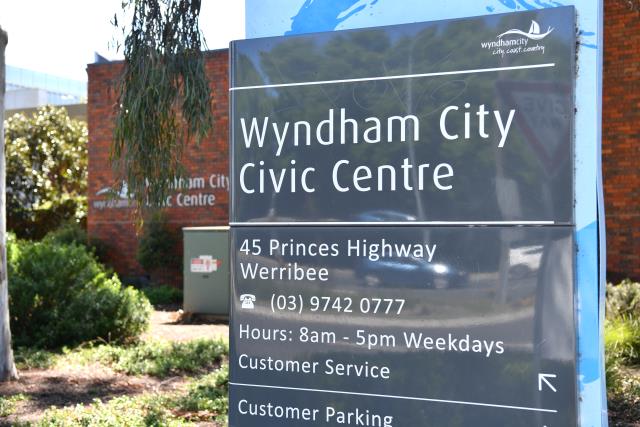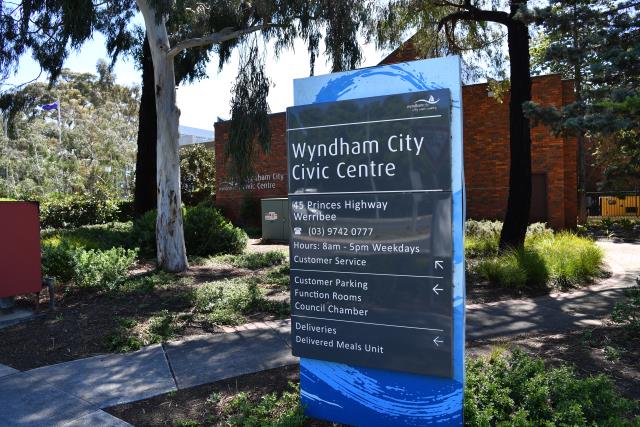The AFL has announced next year’s VFL season will begin on Saturday, March 26.
The date will see state league men’s footy return to Victoria, Queensland and New South Wales after a second year affected by COVID-19.
The home and away season will feature 21 clubs, including Werribee, Williamstown, Footscray, the Geelong Cats, the Northern Bullants and Port Melbourne, and will consist of an 18-game season across 22 rounds.
An AFL House statement, issued yesterday, said the involvement of AFL-listed players from 14 clubs in the VFL competition would be central to the scheduling of fixtures this season.
“The VFL competition will integrate into a streamlined calendar for men’s football with the 2022 NAB League Boys, with both seasons running concurrently with the 2022 Toyota AFL Premiership Season,” the statement said.
“Each club will receive nine home matches as they welcome their loyal members and supporters back to the footy.”
AFL state league competitions manager Jennie Loughnan said it was exciting to provide clubs with an update ahead of the 2022 VFL season.
“Our VFL clubs have been pillars of Australian football and their local communities for many years and they have been missed during an interrupted two seasons,” Ms Loughnan said.
“Football is the heartbeat of communities across Australia and state-league football provides a strong link between the elite game and next tier of future stars.
“The return of VFL in 2022 provides excitement back to these communities who have been through a challenging period with limited football.
“Although we have to be vigilant, aware and responsible throughout the season, we cannot overstate the excitement of everybody connected to the VFL about the 2022 season.”
Ms Loughnan described the 2021 season as “devastating to everyone connected to community football”.
“The stop-start nature of the competition made it challenging for all involved and the AFL is very proud of how all VFL clubs, players, officials, supporters and corporate partners managed through a difficult year and kept their communities engaged and connected,” she said.
“The VFL community is very important to the Australian Football ecosystem.
“All 21 clubs play a vital role in keeping their suburban and regional networks engaged.
“They are pillars of their local communities and so important to growing and nurturing our national code.”
The AFL will continue to review arrangements for next season, including return-to-play protocols and the return of fans to matches in consultation with clubs, state governments and health officers.
The AFL said it would like to acknowledge the support of all industry stakeholders, commercial partner, fans and supporters across the past two years.

